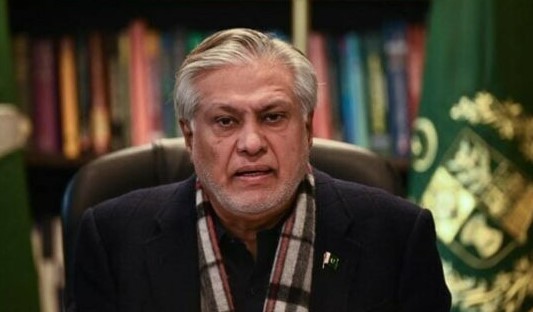Ishaq Dar, Pakistan’s finance minister, will present to the National Assembly a budget of 14.7 trillion rupees for the next fiscal year. In addition to addressing the nation’s economic issues, this historic budget proposes policies for long-term, steady growth. The proposed budget prioritizes economic stability, infrastructure development, and public welfare while placing a strong emphasis on strategic planning and fiscal management.
1. 14.7 trillion
Finance Minister Ishaq Dar is scheduled to unveil the 14.7 trillion rupee budget, which is a comprehensive strategy aimed at addressing Pakistan’s economic issues and laying the groundwork for long-term progress .
a. Healthcare and Education:
The money is heavily allocated to enhancing the healthcare and education sectors. This entails constructing new hospitals and schools as well as upgrading current infrastructure to increase its quality and accessibility.
Defense and Security: To maintain national security and readiness in the face of regional tensions, defense spending continues to be a top priority.
b. Public Welfare:
To help impoverished areas, direct cash transfers, subsidies for necessities, and programs for affordable housing are all included.
c. Initiatives for Economic Growth
The budget prioritizes measures to boost economic expansion:
2. Tax Code:
To expand the revenue base, tax structures should be made simpler and compliance should be encouraged.
a. Companies:
provisions for grants and loans to small and medium-sized businesses (SMEs) in order to promote employment development and entrepreneurship.
b.Promotion of Exports:
Export-oriented industry incentives to increase foreign currency reserves.
3. Measures to Control Inflation
The budget suggests actions to stabilize prices in recognition of the effects that inflation has on citizens:
c.Assistance for Necessary Goods:
Food, gasoline, and power price controls and subsidies. Stabilization of the Market:measures to stop stockpiling and lessen supply chain interruptions.
d. Handling Debt
With plans to restructure current debts, prioritize repayments, and minimize new borrowing, managing growing debt is a top priority.
یہ بھی پڑھیں: New Judicial Security: The Role of Established Judges




